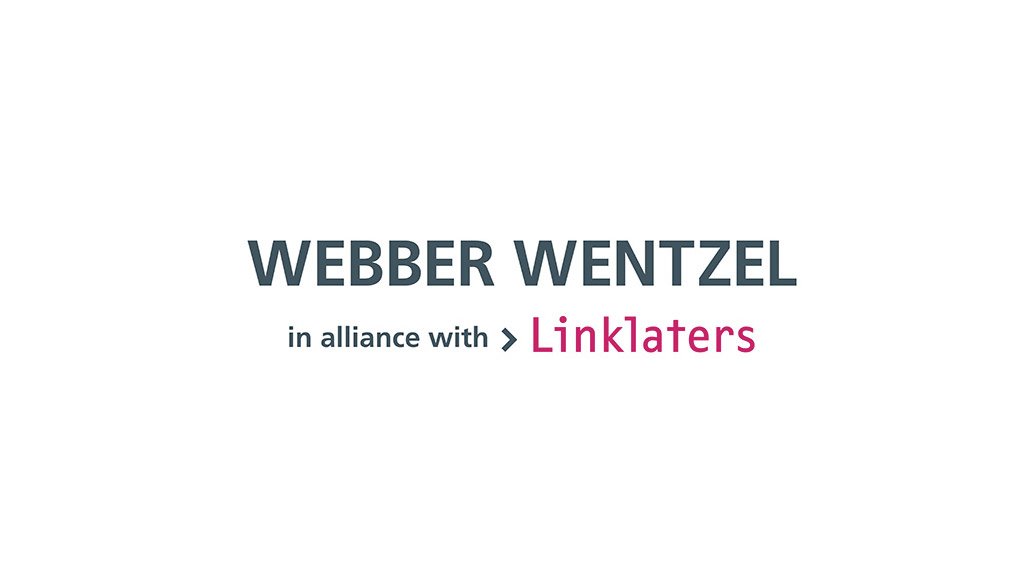The mining industry relies heavily on a complex network of suppliers, logistics partners, and transporters to ensure the efficient movement of raw materials. However, one of the major challenges faced by corporate mining companies operating in South Africa is the inadequate infrastructure for moving raw materials, particularly the poor condition of ports and railways. These supply chain disruptions not only hamper the mining operations but also lead to various contractual disputes.
For instance, in 2021, port, rail and road transport operations in South Africa have been disrupted by ongoing civil unrest and violence, with several notices of force majeure issued. In 2023, the Umhlathuze Municipality in Richards Bay brought to light their intention of taking the government and Transnet to court over the alleged failure to maintain rail infrastructure, which has resulted in severe congestion of trucks transporting cargo, particularly coal, to the port. Recently, fruit farmers and exporters are considering legal action against Transnet National Ports Authority after a four-year struggle with the movement of their produce through the container terminal at the Port of Cape Town. With these supply chain challenges faced by South Africa, it is important to explore some of the potential causes of supply chain disruption and protective clauses to incorporate in contracts to mitigate the associated liabilities.
Understanding Supply Chain Disruption
Supply chain disruptions encompass a wide range of unforeseen events, such as natural disasters, labour strikes, transport failures, regulatory changes, political instability or community unrest. These disruptions can severely impact the timely and uninterrupted delivery of raw materials, leading to disputes between mining clients and companies. It is crucial to recognise that supply chain disruptions are a shared risk and should be addressed in the contract to ensure a fair and balanced distribution of liabilities. In addition, sufficient indemnity cover should be in place should the risk eventuate.
Mitigating contractual disputes in Supply Chain Management
To mitigate these disputes, mining companies should:
Involve legal counsel who will draft clear and well-defined contracts: effective contracts should clearly outline the rights, obligations, liabilities, and remedies of all parties involved. precise specifications regarding quality control, delivery schedules and establishing backup provisions, which outline the steps to be taken if a primary supplier or transporter is unable to fulfil its obligations.
Additionally, incorporating appropriate performance guarantees can offer a layer of protection in case of breaches, providing a clear course of action and recourse for both parties. Furthermore, having suitable insurance coverage in place can help cover potential losses that may arise from disputes, offering peace of mind and financial protection.
Some of the important clauses to include to protect against Supply Chain Disruption:
1. Force Majeure Clause:
Include a well-drafted force majeure clause that explicitly defines events beyond the control of the parties, such as acts of nature, governmental actions, or acts of terrorism. This clause should clearly state the rights and obligations of both parties when a force majeure event occurs, including the possibility of contract termination or revision.
2. Dispute Resolution Mechanism:
Include a clear and comprehensive dispute resolution clause in the contract. To engage in effective Alternative Dispute Resolution (ADR), mining companies should include dispute resolution clauses in their contracts that require parties to attempt mediation and or arbitration. Advantages of ADR include:
- Confidentiality: ADR proceedings are conducted privately, maintaining confidentiality and preserving commercial relationships.
- Expertise: Experienced ADR practitioners with specialised knowledge of the mining industry can provide impartial guidance for dispute resolution.
- Efficiency: ADR processes are typically faster than court litigations, allowing parties to promptly return to normal business operations.
- Cost-Effectiveness: ADR can significantly reduce legal costs associated with prolonged litigations, enabling parties to allocate resources more effectively.
- Party autonomy: ADR allows the parties to determine the adjudicator and the rules of engagement.
Arbitration has gained prominence in resolving international mining disputes due to its advantages over traditional litigation. While arbitration awards are generally seen as final and binding, enforcing these awards across borders can prove to be a daunting task. The effectiveness of enforcing arbitration awards depends heavily on the country where enforcement is sought. Several factors come into play, such as local legislation, compliance with international treaties, and the political and economic environment of the jurisdiction. To enhance the likelihood of success, parties involved in supply chain disputes should consider several key strategies. Firstly, by choosing neutral and reputable arbitration institutions, secondly, by selecting arbitrators with relevant expertise, thirdly, by carefully drafting clear arbitration clauses, and, when it comes to enforcement, by doing appropriate pre-contract due diligence on the counter-party with regard to enforcement issues, including in particular whether the counterparty is in a jurisdiction or has assets in a jurisdiction which is a signatory to the New York Convention on the Recognition and Enforcement of Arbitral Awards.
Maintaining and preserving relationships with stakeholders, particularly host communities and contractors is important and makes business sense. Mediation, unlike litigation and arbitration, is not adversarial, is informal, quick, and cost-effective. It allows for party-assisted resolution of a dispute where parties negotiate their own settlement in a controlled and informal environment with a particular focus on the party interests as opposed to party rights.
Also, any company should seek specialist legal advice before responding to any supply chain disputes they may face.
Written by Nick Alp, Partner, Priyesh Daya, Partner, Merlita Kennedy, Partner & Tobia Serongoane, Associate from Webber Wentzel
EMAIL THIS ARTICLE SAVE THIS ARTICLE ARTICLE ENQUIRY
To subscribe email subscriptions@creamermedia.co.za or click here
To advertise email advertising@creamermedia.co.za or click here











